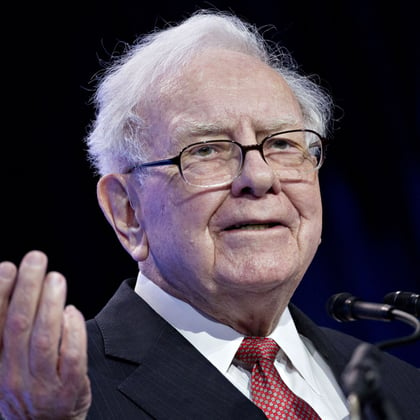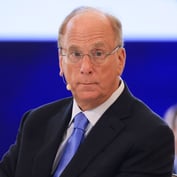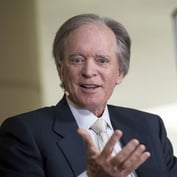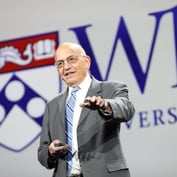What You Need to Know
- Buffett’s been faced with a high-class problem in recent years: Too much cash, and too few opportunities.
- In the second quarter, Berkshire Hathaway sold just $1.1 billion of other stocks during the period, on a net basis, the lowest amount of net sales in the past three quarters.
- Meanwhile, the conglomerate kept chugging along, helped in part by a U.S. economy that’s been climbing back from the pandemic’s initial lows last year.
Warren Buffett slowed his roll.
Despite having more than $144 billion of funds at his disposal, the Berkshire Hathaway Inc. chief executive officer ended up taking a step back with his capital deployment during the second quarter.
He repurchased just $6 billion of Berkshire stock, the lowest amount of buybacks since the middle of 2020, and was a net seller of other stocks for the third quarter in a row, according to the conglomerate’s second-quarter earnings released Saturday.
Buffett’s been faced with a high-class problem in recent years: Too much cash, and too few opportunities.
He’s been under pressure to do a large deal to help supercharge the company’s growth, but has come up short with well-priced and attractive options, leading Berkshire to spend even more funds buying back its stock.
But now, he’s in more of a bind. Berkshire stock, already a challenge because of its lack of liquidity, has rallied in recent months and the broader stock market has also become more pricey with the S&P 500 Index climbing to new highs.
“They’re kind of between a rock and a hard place,” Cathy Seifert, an analyst at CFRA Research, said in a phone interview. “Against that backdrop, I think the level of buybacks was prudent and appropriate.”
Still, for an executive who previously shunned buybacks in favor of other ways of deploying capital, Buffett’s $6 billion of repurchases in the second quarter ranks as the fourth-biggest quarter since Berkshire began buying back more stock in 2018.
‘Housekeeping’
Berkshire sold just $1.1 billion of other stocks during the period, on a net basis, the lowest amount of net sales in the past three quarters. Those sales appear to have largely come from a decrease in its group of commercial, industrial and other stocks, according to a regulatory filing Saturday.
Berkshire is set to report its specific stock changes in a filing later this month. Berkshire shareholder Tom Russo deemed the move as smart given the overall level of the stock market.








 August 07, 2021 at 12:47 PM
August 07, 2021 at 12:47 PM












 Copyright © 2024 ALM Global, LLC. All Rights Reserved.
Copyright © 2024 ALM Global, LLC. All Rights Reserved.